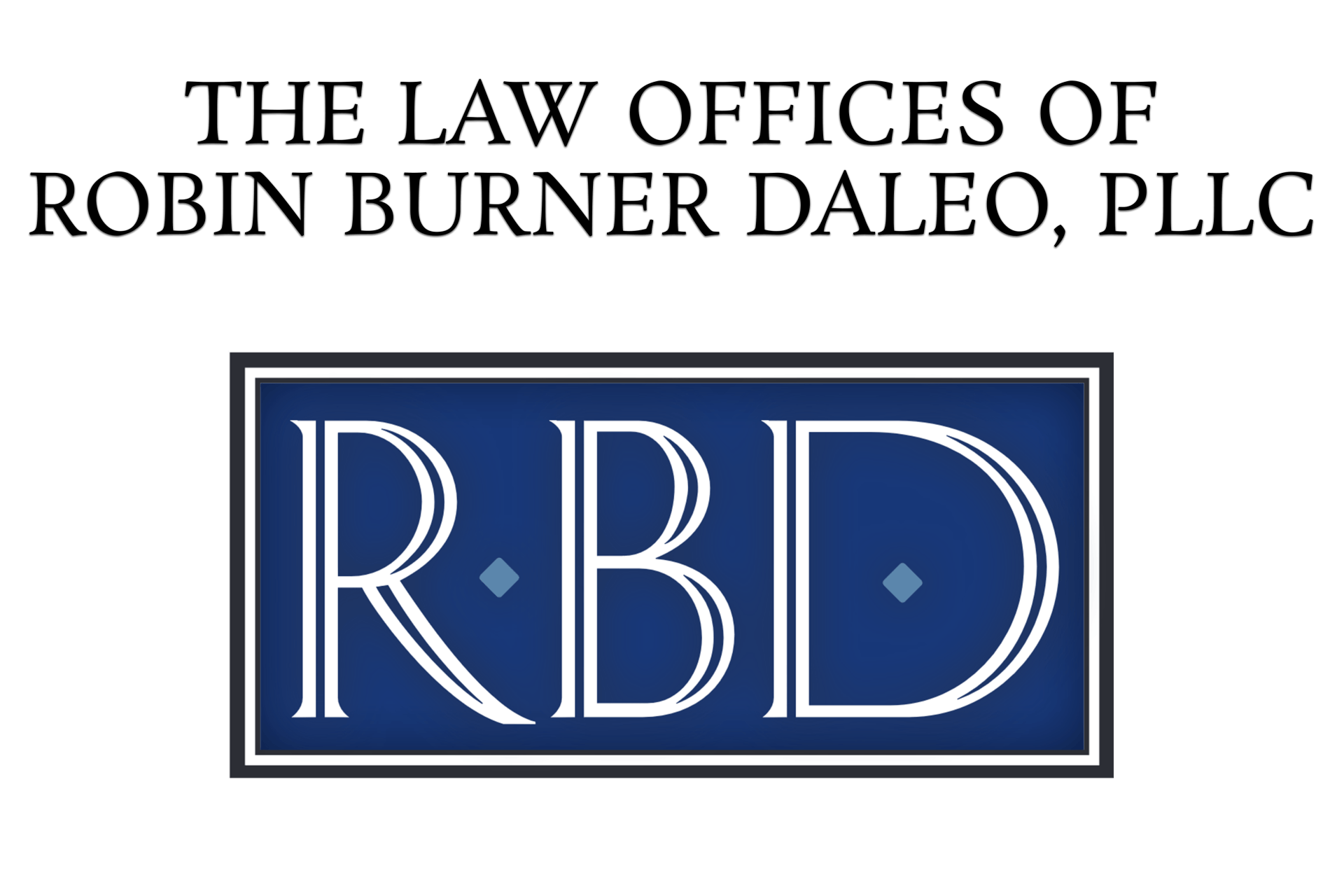by Robin Burner Daleo
•
19 December 2025
An irrevocable trust often feels final once you sign it and transfer assets into it. Many caregivers and families believe no changes are possible after that point, which creates stress when health, finances, or family needs change later. In New York, the law provides specific ways to adjust an irrevocable trust when it no longer serves its intended purpose. These options exist because life does not stay the same. Parents age, beneficiaries face new challenges, and laws change over time. If you are caring for a parent or managing a trust created years ago, you should understand your options before a minor issue becomes a crisis. This article explains when amendments to an irrevocable trust are possible in New York and what steps typically follow. Why Do People Create Irrevocable Trusts? Most people create irrevocable trusts to protect their assets. Once assets are transferred into the trust, they no longer belong to the individual in a legal sense, and this separation provides important protections. Many New York families use irrevocable trusts to protect a home or savings from nursing home costs, while others use them to reduce estate taxes or to protect assets for children. This loss of control is intentional. Medicaid rules, tax rules, and creditor laws rely on it. If the trust allowed easy changes, those protections would fail. At the same time, New York law recognizes situations in which a trust must adapt to remain effective. What Modifying an Irrevocable Trust Really Means Most irrevocable trusts do not allow direct edits. You cannot rewrite paragraphs or add new pages. Instead, New York law allows specific methods to achieve similar results without rewriting the original document. These methods include moving trust assets into a new trust, obtaining agreement from all beneficiaries, asking a court to approve changes, or correcting mistakes made when the trust was created. Some trusts also include built-in flexibility. The trust document itself determines which options are available, and even small wording differences matter. If you ask whether your trust qualifies for a specific method, I can’t answer without reviewing the trust document. Trust Decanting Explained in Plain Language Trust decanting is the most common way to modify an irrevocable trust in New York. It allows a trustee to transfer assets from an old trust into a new trust with updated terms. The original trust remains in place, but the assets are transferred to a structure that better suits current needs. Decanting typically works when the trustee has discretion to decide when and how trust assets are distributed. The more discretion the trustee has, the greater the flexibility. Decanting also often avoids court involvement, saving time and reducing stress for families facing urgent issues. When Decanting Helps Caregivers and Families Decanting often resolves issues that arise years after a trust is created. Trustees use it to update outdated language or address new family circumstances. One common situation involves trustees who can no longer serve because of age or illness. If the trust does not specify how to replace them, decanting allows the creation of a new trust with clear rules. Another common issue involves beneficiaries who now receive SSI or Medicaid . Direct trust payments could disrupt benefits, so decanting allows the creation of a supplemental needs trust share that preserves eligibility while still providing support. Real estate issues also arise frequently. A trust created years ago might not clearly authorize the sale or refinancing of a home. A new trust with modern language often resolves this issue and allows necessary decisions to proceed. Limits on Trust Decanting Decanting does not allow unlimited changes. You cannot add new beneficiaries unless the original trust permits it, and you cannot grant a beneficiary more rights than they already had. Some trusts require mandatory income payments to beneficiaries. These requirements limit what a trustee can change. If the trustee lacks sufficient discretion, decanting might not be possible. If you want to know whether decanting applies to your situation, I can’t tell without reviewing the trust document. Changing a Trust with a Beneficiary Agreement New York law allows all beneficiaries to agree to modify or terminate an irrevocable trust. This includes current beneficiaries and those who would receive assets later. This option works best when families communicate effectively, since every beneficiary must agree and one objection halts the process. Practical problems often arise. Some beneficiaries are minors or lack capacity, which requires court-appointed guardians and adds time and cost. Families most often use this method when selling trust property, changing trustees, or terminating small trusts that no longer serve a purpose. Court-Approved Trust Changes When decanting does not apply and the beneficiaries do not agree, courts provide another option. New York courts consider whether the trust still serves its original purpose and whether the circumstances have changed in ways the trust did not anticipate. Courts focus on issues such as outdated tax rules, a lack of authority to manage assets, or changes in a beneficiary’s health or finances. Court proceedings take time and involve legal fees, but they provide certainty. Once a judge approves a change, it carries legal authority. I don’t know whether a judge would approve your request. Each case depends on its facts. Fixing Mistakes Made When the Trust Was Created Some trusts contain drafting errors that families discover years later during Medicaid applications, tax filings, or property sales. New York law allows courts to correct these errors so the trust reflects the creator’s intent. This process is called reformation. Reformation applies only to errors, not to new planning goals. Courts require proof of both the mistake and the original intent, often through attorney notes or correspondence. If you believe a trust contains an error, gather documents early. I can’t determine whether reformation applies without reviewing the evidence. Built-In Flexibility Inside Some Trusts Some irrevocable trusts include flexibility from the start, reducing the need for court involvement. Examples include the power to replace a trustee, limited authority to redirect assets among family members, and the ability to exchange trust assets for tax-planning purposes. Not every trust includes these provisions. If yours does, these provisions often provide the simplest solution. When Caregivers Should Review an Irrevocable Trust Many caregivers wait too long to review a trust. You should review it whenever circumstances change. Common triggers include a parent needing nursing home care, changes in Medicaid rules, a beneficiary facing divorce or debt, or the need to sell trust property. You should also review any trust created more than ten years ago. Early review preserves options, while waiting often forces court involvement during emergencies. Special Concerns for Medicaid Trusts Medicaid asset protection trusts require careful handling. Improper changes risk restarting the five-year lookback period or treating trust assets as available resources. Decanting often preserves Medicaid protection when structured properly, and court-approved changes also work when handled carefully. Informal changes carry serious risk. If you ask whether a specific change affects Medicaid eligibility, I can’t answer without reviewing the trust and financial details. Risks of Informal Trust Actions Some families resort to workarounds. Trustees distribute assets improperly, or parents continue treating trust property as personal property. These actions undermine trust protections. Medicaid agencies and tax authorities closely review trust administration. Improper actions can result in benefit denial, penalties, and family conflict. Fixing mistakes later costs more than addressing them early. How an Elder Law Attorney Evaluates Trust Changes A thorough review begins with the trust language. The attorney examines every section and identifies the beneficiaries and trustee authority. Next, the review covers tax and Medicaid impacts, family dynamics, and timing. Only after this review does the attorney recommend a strategy. If someone gives quick answers without reviewing the trust, you should proceed cautiously. Common Caregiver Situations A parent placed a home in an irrevocable trust years ago and now wants to sell and downsize, but the trust does not clearly authorize a sale. Decanting often resolves this issue by transferring the home into a new trust with clear authority to sell. Sale proceeds remain protected when handled properly, yet many families delay action because they assume nothing can be done. A trust created years ago for children may now include a beneficiary receiving SSI. Direct trust payments can jeopardize benefits. Decanting or court approval allows the creation of a supplemental needs trust share, protecting benefits and long-term support. Trustees also age and experience health declines. A trust without replacement rules carries risk. Court appointment or decanting restores proper management, while delay leads to missed filings and financial harm. Why Timing Matters Early action keeps options open. Delay narrows choices and increases stress. Regular reviews help caregivers protect parents and beneficiaries. An irrevocable trust does not lock you in forever. New York law provides structured ways to address real problems when a trust no longer serves its intended purpose. You should not assume change is impossible, and you should avoid informal fixes. The Law Offices of Robin Burner Daleo advises families throughout Suffolk County from offices in Mt. Sinai and Hampton Bays. We help caregivers and families evaluate irrevocable trust amendments while protecting Medicaid eligibility and long-term goals. To schedule a consultation , contact our office. We review your trust, clearly explain your options, and help you decide on next steps with confidence.












